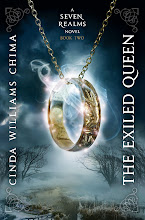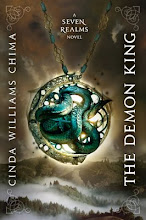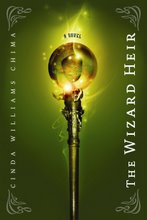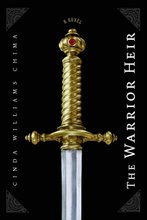
Q: Your writing is pretty good now. How was it when you started?
A: I began writing romance novels in middle school but got away from writing when I was working my way through college. It took me years to get back to it.
I made several false starts at writing novels as a grown-up. I hate to admit it, but I didn’t do my homework first. What I brought to writing was a lifetime of reading and a love of good books. But there is a method to the craft, as I eventually discovered.
The first book I wrote as an adult was a murder mystery in a local setting. There was a strong autobiographical element—the main character was a rebellious teenager whose father was a truck driver. That effort dwindled away and the manuscript itself disappeared during a computer disaster. From that, I learned to back up my work.
The Warrior Heir was my second serious attempt at a novel as an adult. I plunged into it headlong, then spent the next five years revising it as I learned more and more about how little I knew going in. The final book bore little resemblance to what I started with, except it was a fantasy, and the main character was named Jack. After that, I found an agent and a publisher bought it and I was an overnight success.
I feel blessed to have published my first novel—though in a way it wasn’t.
Don’t do as I did. I think too many writers quit focusing on craft too soon and turn their attention to marketing before their work is really ready. I’m frustrated when I go to writing conferences where there is no attention paid to craft. It’s all about query letters and how to find an agent.
Even now, I am constantly learning, and trying to get better, to the point that it's hard to open one of my published books without wanting to put sticky notes in. (I understand that’s a common affliction of writers.)
At least now, when I read the novels I wrote when I was in middle school, I can see the bones of the writer in the prose. I'm distant enough from them to say, Cool! that I was writing then, instead of aaaaargh!














